Broadcasting technology Mobile apps Artificial intelligence Could all be a part of pandemic early warning systems.
[ad_1]
📡 Broadcasting technology
📱 Mobile apps
Artificial intelligence
Could all be a part of pandemic early warning systems. https://bit.ly/3fhhBzo

![]()
![]()
[ad_2]
Source
A lessons-learned guide on how to handle pandemic challenges
[ad_1]
A lessons-learned guide on how to handle pandemic challenges 👉 https://bit.ly/2SEZIkd

![]()
[ad_2]
Source
Take a look at A2D Project’s old logo. Do you think the current logo looks better? Comment your answer below :)
[ad_1]
Take a look at A2D Project’s old logo. Do you think the current logo looks better? Comment your answer below 🙂 👇👇

![]()
![]()
[ad_2]
Source
This Mother’s Day, join us as we continue advocating for women’s rights and inclusion, and celebrating their critical role in DRR/CCA, and development, in general.
[ad_1]
This Mother’s Day, join us as we continue advocating for women’s rights and inclusion, and celebrating their critical role in DRR/CCA, and development, in general.

![]()
![]()
[ad_2]
Source
A2D Project’s almost name was Philippine Center for Development Alternatives. Unfortunately, the name was already taken when the founding members tried to reserve the name under the Securities and Exchange Commission in 2010.
[ad_1]
A2D Project’s almost name was Philippine Center for Development Alternatives. Unfortunately, the name was already taken when the founding members tried to reserve the name under the Securities and Exchange Commission in 2010.

![]()
![]()
[ad_2]
Source



